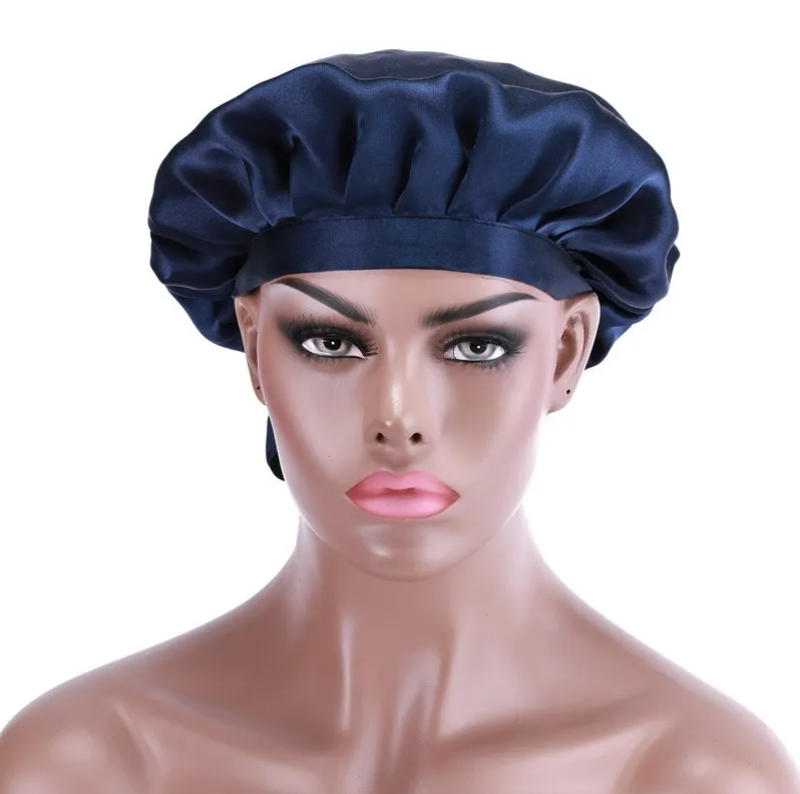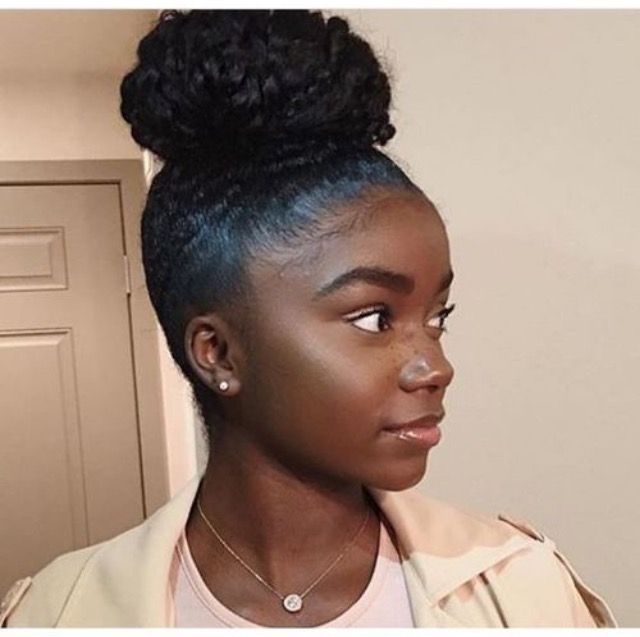Why should we worry about curly wigs at night?
A lot happens while you sleep. Sleeping on curls is no easy task. Natural curls can get crunched, and if you’re going to bed with wet hair, you may be putting your strands at an even greater risk of breakage and damage.
The sleeping style you choose, curly hair products you apply, and a few other healthy hair habits all make a difference in whether your curls will stay defined overnight.
Your body replenishes energy, your skin rejuvenates and refreshes, and your hair, well, lots of change is possible depending on how you prep your curly hair before laying down.
How to sleep with curly wigs without hair damage?
1. Brush your curly wigs

Whether you always wear human hair wigs or synthetic wigs, it is necessary to prepare your hair for sleep. Just as your teeth need to be brushed and your skin care products need to be applied before you go to bed, your hair needs a little attention as well.
If you do nothing and sleep with your fluffy and tangled curly hair, okay, your spirals always look worse for wear by morning. How you set and wrap your hair before laying down can dictate whether your curls are ruined while you sleep.
So, please comb your curly human hair wigs, no matter if it is body wave, Jerry curly, kinky curly, or lose wave, untangle all the knots to keep it smooth and prevent hair from unnecessary breakage.
2. Sleep with dry hair
If you’re going to bed with wet hair, it's the most susceptible to putting your strands at an even greater risk of breakage and damage. And why?
Curly hair is already weaker than wavy and straight hair strands, which means it's more likely to experience severe breakage overnight. Human hair is more fragile than fiber and other cloth materials. In addition, wet hair is even more tender than dry hair.
So, bad things happen after hours of sleep to see frizz hair like straw, dull, and out of luster. In the meantime, you may feel heartache from keeping hair roots wet so that hurt the scalp badly.
3. Two sleep postures
For people who sleep with curly wigs on the back of their heads, you flatten it. You bear on the hair a whole night and it may not bounce back in the morning after you have slept on them for hours.
Even if a toy is held under the head overnight it will become messy and matted for the curls are crushed by the weight of your head.
Preventing your curly wigs from hard and unconscious friction is better than repairing hair breakage later.
The most useful and convenient method to protect hair when sleeping is to change the posture from lying flat to sleeping on your side or on your stomach so that you can preserve your curls as you snooze.
4. Change wrap materials

This tip is also to help get rid of friction, the biggest enemy of hair.
Friction happens everywhere, especially on the things hair always touches, such as wig caps and hair bonnets, and pillows.
We can not certain that keeping one posture for a whole night, rolling over in bed commonly happens.
Stay on a silk pillow, which can completely cover your head to reduce strong friction caused by coarse materials.
5. Protective hairstyles
Bun

If you have beautiful long curly hair, or you wear long human hair curly wigs, try bun!
Tie up all your hair to a high ponytail on the top of your hair to avoid laying on the knot. Then, grab the tip of your hair and twist it from the ends to the base. Wrap it around the base of your ponytail in a spiral, then secure it with a hair elastic.
Braid

Braid is one of the popular protective hairstyles, greeted by so many people used to protect hair day and night. But, there is no need for people who applied curly gorgeous wigs in daily life to keep braids.
Brush your hair and divide it into two big sections. And then divide each section into three sections to make two braids beside your cheek.
Please bear in mind that avoids the braids too tight, or your hair may experience breakage at the roots.









Submit Comment